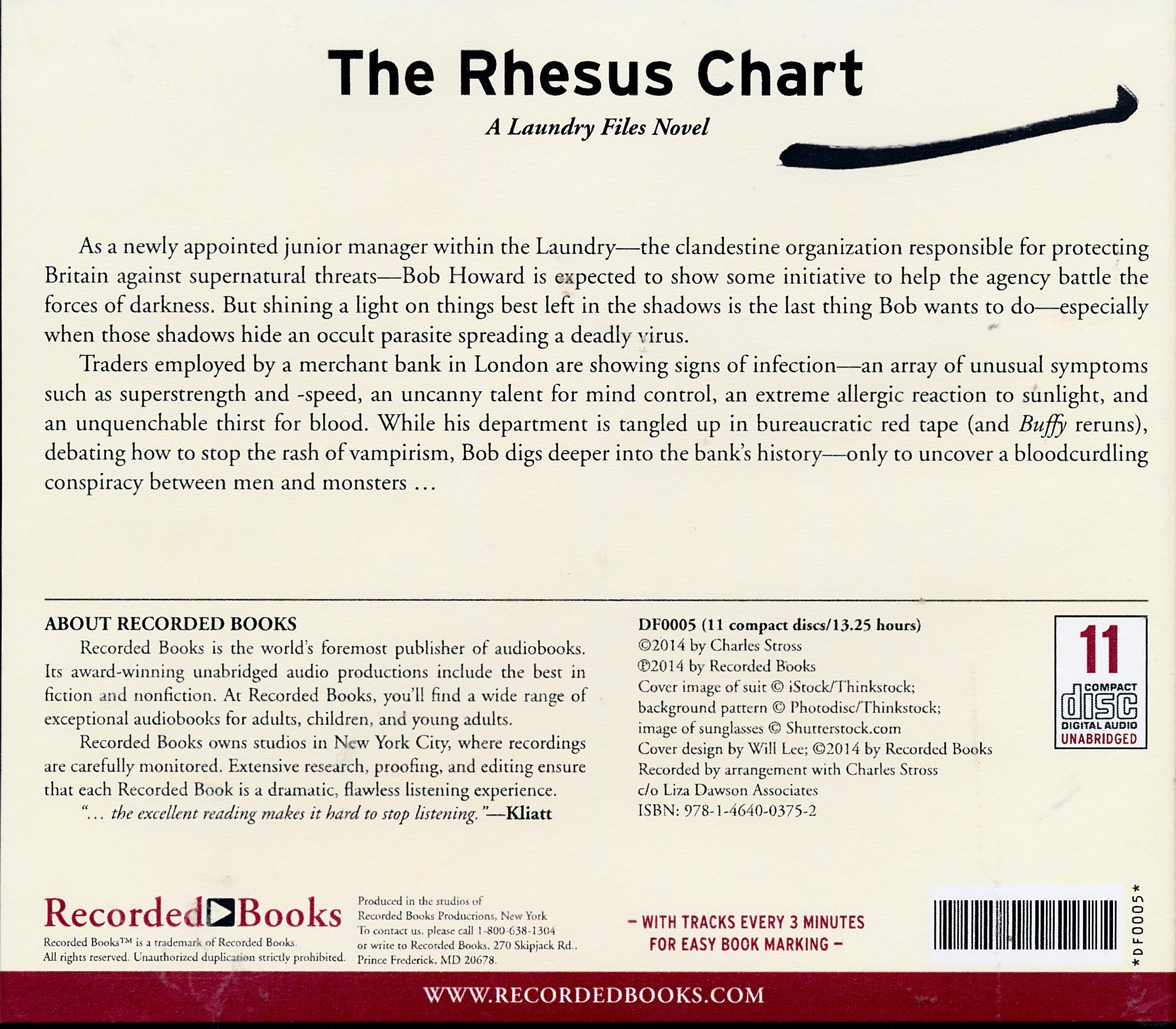What do you think?
Rate this book


Audio CD Library Binding
First published July 1, 2014

"I'm just a girl trying to make ends meet and get by in a harsh, uncaring world."
"By working with blood-sucking fiends who drain the life out of people. Also, vampires."
—p.221
"Everybody knows vampires don't exist."
—p.1
One of the great besetting problems of the modern age is what to do with too much information. This is especially true of high-frequency share trading, where every second a Sahara-sized sand dune of data must be gulped down and sifted for the fragrant cat-turds of relevant market movements.
—p.34